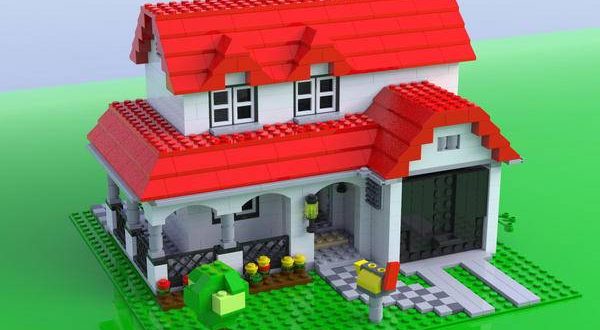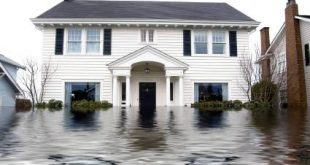Many real estate developers purchase derelict houses for an unbelievably low price, knock it down, rebuild it and either flip or rent it. Although this can be incredibly profitable for some people, others may unearth problems during the building process which cause them to make a loss on their development project. If you’re considering building your own home then here are a few things to consider before taking the plunge.
Rough Budgeting to Prevent Loss
Many people believe precise budgeting is the best way to ensure profitability when undertaking a project and in many instances it is, but with property development you need to be more flexible with your figures. If you’ve budgeted down to the last dollar you could be in for a nasty shock; when renovating or rebuilding there are so many potential problems and setbacks you may encounter that are easily overlooked when drawing up a budget.
Treat your
budget like a reservoir, expect it to overflow on a rainy day and be prepared for when it does. If you’ve only got enough money to cover the initial budget you drafted then reconsider the size of the property and project – the last thing you’ll want to do is make a loss through unforeseen circumstances.
Gather Different Contractor’s Opinions and Quotes
Choose your contractor wisely, although it can be tempting to opt for the cheapest quote consider the quality aspect – do you really want to have to hire someone else to clear up the mess of a cowboy builder?
Ask for a list of properties your favoured contractor has renovated or built and ask the homeowners if you can visit them to take a look. Enquire whether the homeowner was happy with the work ethics of the builder, did they finish the project on-time and to a high standard? You could make a checklist of questions to ask them when you visit, make sure you ask the same questions when enquiring about each contractor.
Before deciding whether to knock the derelict building down or simply renovate it ask for contractors’ opinions. Some may suggest you keep the structure of the house and work with what you have inside the four walls. Some buyers are attracted to older properties and are willing to pay more for them. Plus you may save yourself the costs of having it knocked down and the debris cleared away.
Be Aware of Health and Safety
Many property developers decide to DIY the project as it can significantly reduce contractor expenses. The problem here is that inexperience can be fatal. If the property is old there’s a chance that it could contain asbestos, which when disturbed can be extremely hazardous to human health. If you see any material which you suspect to contain asbestos then it’s imperative that you have an asbestos survey on the property. If asbestos is present it needs to be safely removed by a professional before you can begin work on the property.
Tailoring your Building to the Surroundings
Certain factors which are out of your hands may need catering for when building your house. Foundations built on clay soil can prove to be problematic as they’re more susceptible to subsidence. You need to identify any subsidence risks before commencing to build the house, as you may need to reinforce foundations and construct the building with specific materials that will protect it from damage caused by soil shrinkage.
If you’re developing the house with the view of renting it when finished then you need to make sure you’re making it as liveable as possible. For example, if the area is renowned for having water pressure problems it may be wise to fit low water pressure bathroom and kitchen taps to make the house as problem-free as possible. The more you address problems during the building process the fewer complaints you’ll receive from future tenants.
Before jumping head-on into property development you need to be aware that renovating old buildings and building homes are huge projects to undertake. Whilst many people are successful in the property market, there are cases where projects have gone terribly wrong and vast amounts of money have been lost. Make sure you carefully consider your development plans and always seek help from a contractor if you’re unsure of any technical aspects such as plumbing and electrics.
This post provided by:
Stephanie Staszko is a home improvement writer for Bathshop321, who retail bathroom accessories and suites for renovation and remodelling.






